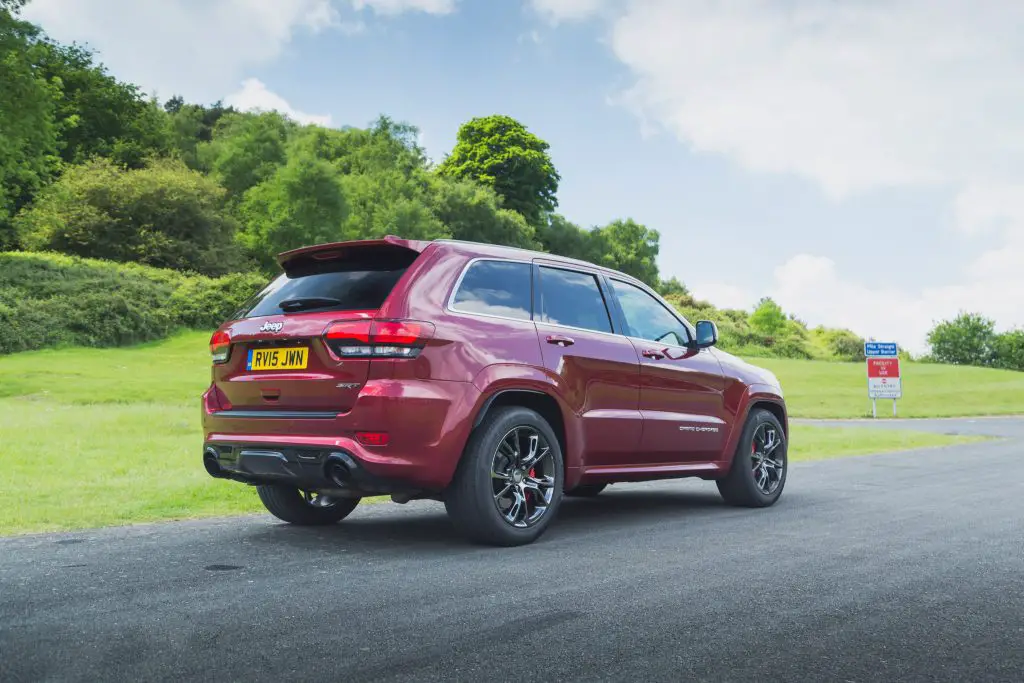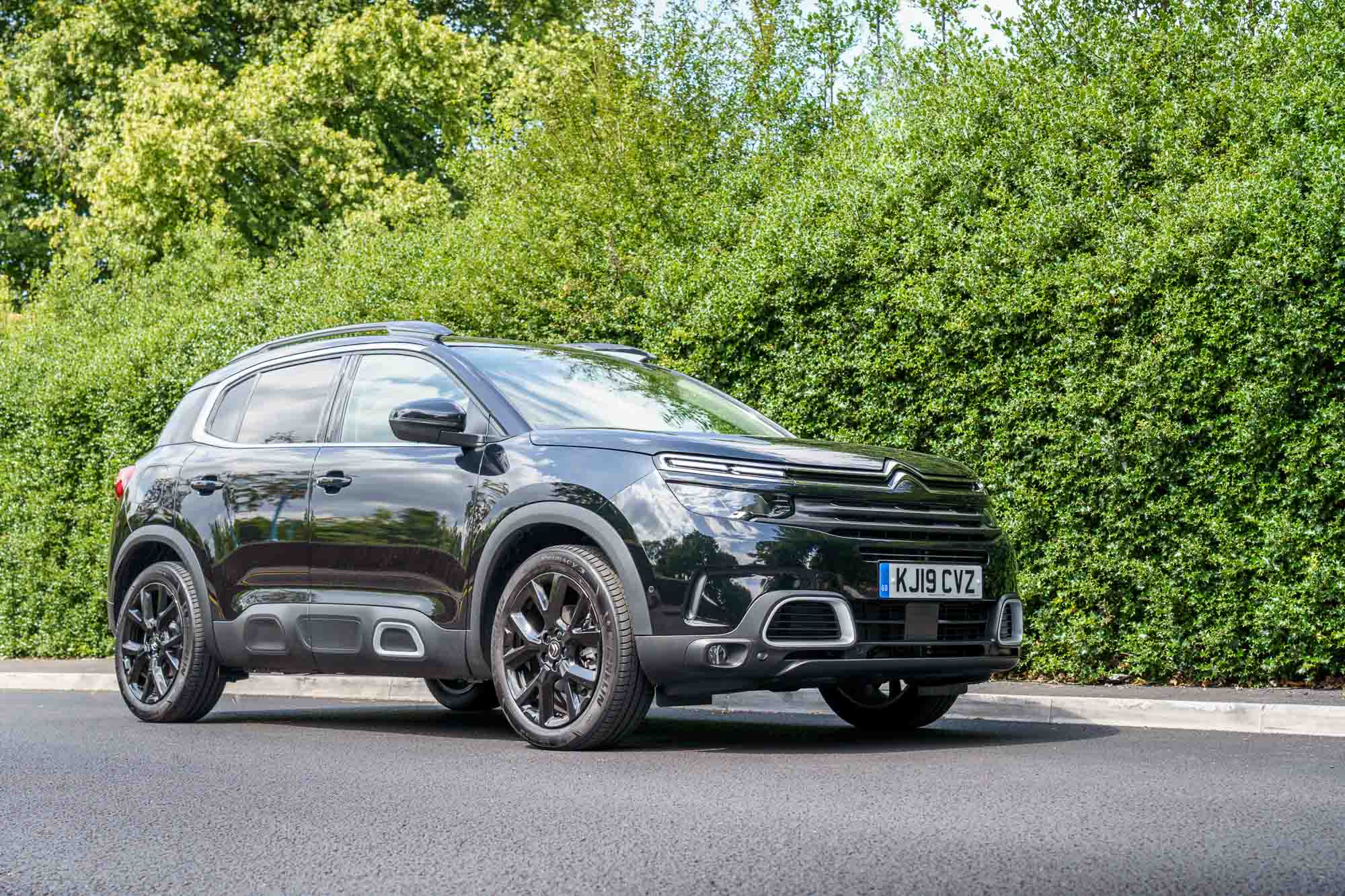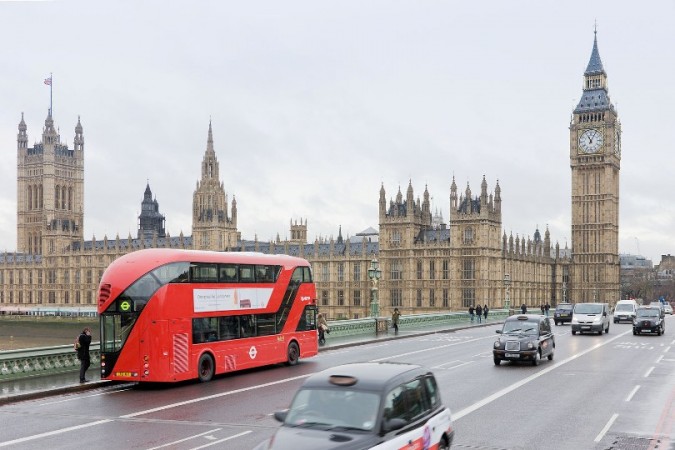Along with fuel duty being frozen once more, the councillor gave us an insight into the plans to overhaul UK roads, funding for those developing ultra-low emission vehicles and also the wining consortium who will take part in the initial driverless car trials.
With new car sales up such constant growth can be attributed to numerous factors, including a modern car’s ability to be cleaner and cheaper to run than most older models and also the increasing number of dealerships improving their online car financing options, and maintaining their insurance. So what does the Government plan to do for the nation’s motorists? Well, here are the details.
£15 billion road improvement fund
Admittedly, most of the Autumn Statement could be classed as pure vote bait for next year’s election; however, it’s hard to sniff at £15 billion worth of much needed improvements for our roads.
More than 100 of England’s most notorious traffic hotspots will be targeted in order to ease congestion through extra motorway lanes and trunk roads that will aim to speed up journey times. Such roads are to include A303, parts of the A1 and roads across the Pennines.
It has been stated that 84 road schemes will be classed as brand new, while 1,300 miles of new lanes added and £1.5 billion alone will be spent on extra motorway lanes, turning them into ‘smart motorways’. Stretches of some motorways have already seen such a conversion, including the M62 and M1.
 In an arguably outlandish move, the Government plans to ease congestion on the A303, the road that connects the South West with London, by building a tunnel that will “tackle the bottleneck” of traffic that runs by the Stonehenge site. However, while many have welcomed the plans, the some individuals are wary of the fact that the Government behind them may not be in power come next term and such a campaign will need to be seen through no matter who comes out on top.
In an arguably outlandish move, the Government plans to ease congestion on the A303, the road that connects the South West with London, by building a tunnel that will “tackle the bottleneck” of traffic that runs by the Stonehenge site. However, while many have welcomed the plans, the some individuals are wary of the fact that the Government behind them may not be in power come next term and such a campaign will need to be seen through no matter who comes out on top.
Driverless car trials
Mr Osborne also touched on the £10 million ‘Introducing Driverless Cars’ competition. A consortium labelled UK Autodrive made up of Jaguar Land Rover, Ford, Coventry Council, Milton Keynes Council and the Cambridge, Oxford and Open Universities have won the contest and will begin testing a semi-autonomous Range Rover from January 2020.
The car will be put through its paces on the streets of Coventry and Milton Keynes in real world situations; the plan is for the vehicle not to be fully driverless, however, but rather have the aim to be a passenger car capable of being autonomous for part of the time.
Also to be part of the campaign is for the group to develop lightweight self-driving pods that could be used in pedestrianised areas. Jaguar Land Rover will undertake the bulk of the project that will include researching and developing a Human Machine Interface (HMI) and also lead the real-world trials of the pod’s technologies.
With many consumers still unsure about the prospect of autonomous technology, the UK Autodrive group will also be carrying out a number of feasibility studies to aid manufacturers, cities and commercial operators, among other bodies, develop a legal foundation for the roll-out of such technology.
Ultra-low emissions vehicle fund
London Mayor Boris Johnson has already stated his intent for England’s capital to vastly reduce its level of emissions through new vehicle regulations, and it seems the Government is following his example.
The Autumn Statement outlined money set aside for ultra-low emission vehicles, with £85 million available to develop new lines of taxis and buses more compliant with future emissions targets across the nation.
Consumer vehicles have also been given a £50 million pot – funded 50/50 between the Government and the industry – to develop and innovate new technology for ultra-low emission models.


